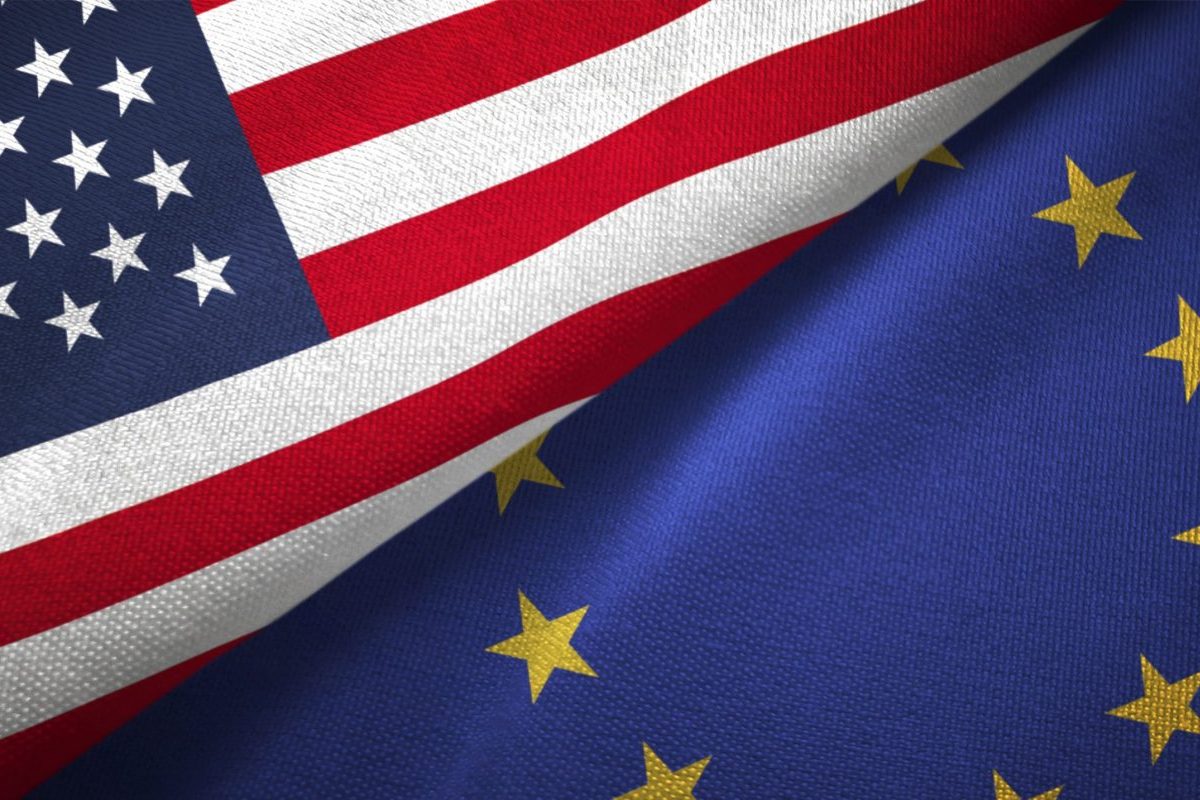For high-tech products and green technologies, the US and EU rely heavily on raw materials and electronic components from China. The joint Trade and Technology Council wants to change that.
From Sunday to Monday, the EU-US Trade and Technology Council (TTC) met in Paris. Established in 2021, the body aims to promote common trade interests and collaborate on key global technologies. The board is made up of three U.S. ministers and three EU commissioners, and there are also several working groups. The meeting focused on further sanctions against Russia as well as more economic independence from China.
The joint final declaration states that the supply chains for rare earth magnets, solar modules and semiconductor chips are to be diversified, reports Deutsche Welle (DW). China is the world leader in mining and processing rare earths and the permanent magnets made from them. Nearly 70 percent of solar cells are also produced there, according to the Fraunhofer Institute (PDF). In semiconductors, the People’s Republic is primarily an important supplier of the underlying raw materials such as silicon and gallium.
Early warning system for semiconductor shortages.
The panel also announced the establishment of an early warning system for potential semiconductor shortages, writes Handelsblatt. Shortly after the start of the Corona pandemic, the global semiconductor crisis occurred, which is still causing production losses in the automotive and electronics industries. Both the USA and Europe are currently investing heavily in their own chip production, according to Handelsblatt. In order to avoid a subsidy race, the TTC partners want to exchange ideas on appropriate subsidies.
According to the Süddeutsche Zeitung, the final document also indicates that, after the USA, the EU will soon also want to ban the import of goods whose production involves forced labor. This could affect solar cells from the Chinese Uyghur province of Xinjiang. Alternative suppliers from the solar industry are to be promoted in return, as the USA is doing in India, for example.
According to DW, EU Commissioner Margrethe Vestager emphasized that the TTC should not be an “anti-China council”. The aim is to promote a nuanced relationship with the People’s Republic. China may be a system rival and economic competitor, but it is also a partner, for example in the fight against climate change.
Photo: iStock/Oleksii Liskonih


